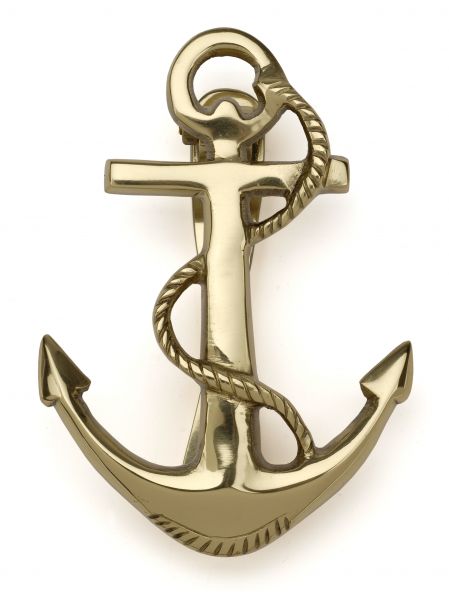I have long memories of HMAS Sydney, first formed when living in Sydney many years ago and walking past a gun from the ship mounted in Hyde Park in Sydney. Shortly after returning to Sydney from fabulously successful action in European waters during WW2, the entire ship's company was marched through the streets of Sydney, led by her Captain, John Augustus Collins, RAN, a man who, according to the newsreels of the time, looked like his chest was about to burst with pride. School children in Sydney were given a holiday especially so they might see the mighty ship's crew on parade. It was February 11th, 1941.
Days later, on February 27th, HMAS Sydney departed Sydney for the west under the command of a new commanding officer, Captain Joseph Burnett, RAN, an officer who'd been previously cautioned about his tendency to close too tight with unidentified ships, a fact that would lead directly to the German raider firing on her from point blank range. She was a siting duck.
Much speculation has ensued over the years since her sinking, helped in no small way but the unlikely fact of not one single survivor. Such things are grist to the mill of conspiracy theorists, but the recent finding of the wrecks of the Kormoran, and then of HMAS Sydney just a few days later on March 16th of this year, 2008, some 81 nautical miles of the coast of Shark Bay in Western Australia has helped heal long open wounds. The loss of any warship is a tragedy of enormous proportion, but for a small, immensely proud nascent nation as was Australia in the early years of WW2, it was an unmitigated disaster on a truly dreadful scale. There were men and boys in HMAS Sydney from virtually every major city and town in Australia. Her loss was, quite simply, a national catastrophe. She lies just 12.2 nautical miles from the wreck of the Kormoran.

No comments:
Post a Comment